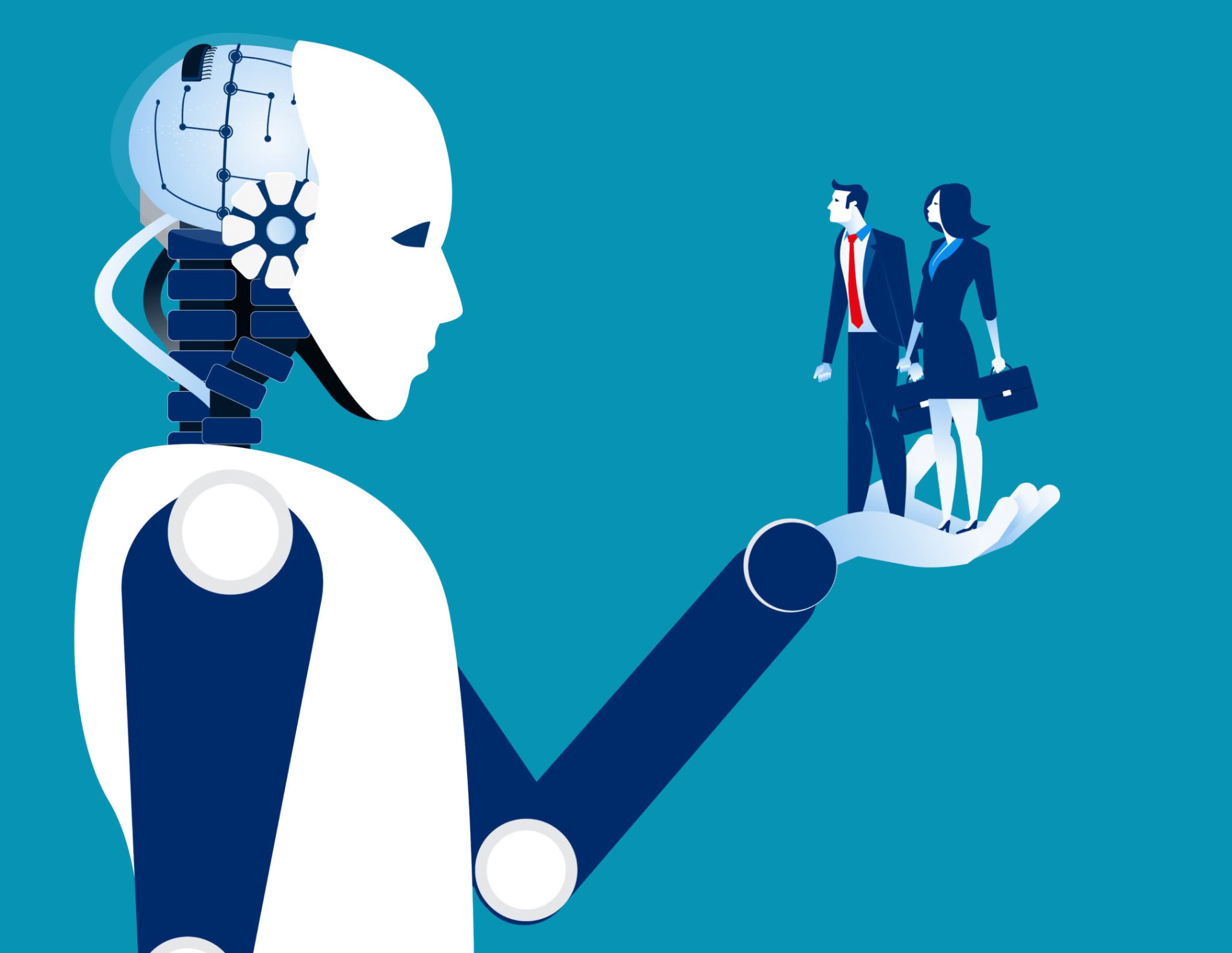The big picture: For years, companies have been trying to optimize the hiring process by automating as much of it as possible, but in doing so they've come to a point where a lot of viable job candidates get rejected because of extensive use of automated hiring software, which is considered convenient and less biased than humans. But while most hiring managers acknowledge the issue, the reliance on screening software is so high that many aren't willing to look for alternative ways to solve the problem.

Automation is changing our lives in more ways than we can imagine, but sometimes it fails to deliver on its many promises. At a time when companies are struggling to find skilled workers, many potential candidates never seem to make it past the first stage of the hiring process -- getting their application of CV selected from an immense pile.
According to a study published by the Harvard Business School, employers may have pushed automation too far in the quest to process job applications faster and more efficiently.
The software systems that do things like sourcing and filtering candidates, managing the application process, performing background checks, and scheduling interviews can be of great help, but it also makes millions of potential candidates invisible to recruiters.

There are, of course, other factors that make it difficult for people to find employment, but the study explains that automated hiring software powered by machine learning and natural language processing has the biggest impact by far. No less than 75 percent of US employers use these systems, compared to 54 percent and 58 percent, respectively, in countries like Germany and the UK. In the case of Fortune 500 companies, researchers found that practically all of them use automation extensively in their hiring process.
Lead author Joseph Fuller told the Wall Street Journal that some of these automated systems often filter out candidates based on poorly-chosen, broad, or irrelevant criteria, and typically exclude from consideration those who would only need some additional training to fit the desired role. Examples include hospitals that look for references to computer science in the CVs of candidates for a nursing or data entry job, and retail stores that reject people who apply for a store clerk position but don't list "floor-buffing" as one of their skills.
A wide majority of employers -- 88 percent -- acknowledge the issue, but most wouldn't go back to a more traditional recruiting process. Instead, they believe the automated systems can be improved over time. A notable exception is Amazon, who has hired over 450,000 people since the start of the pandemic, and initially ran into issues with automated hiring software. In the meantime, the global recruitment technology market is set to reach $3.1 billion by 2025, almost double the size it had just a few years ago, so this is the new reality -- one where you can't get through the front door at a company because an algorithm and not a human recruiter decided you were not a good fit.
Masthead credit: Justin Metz